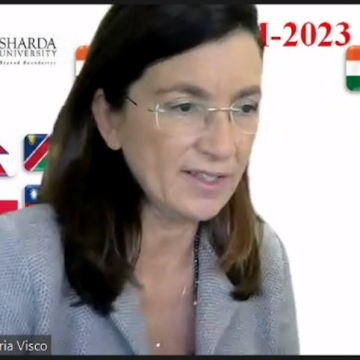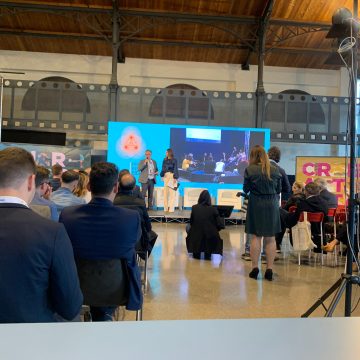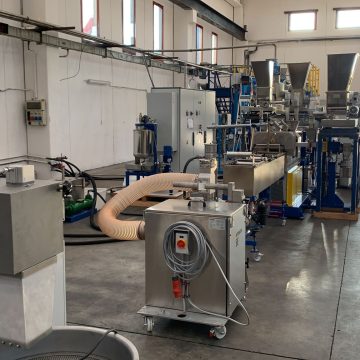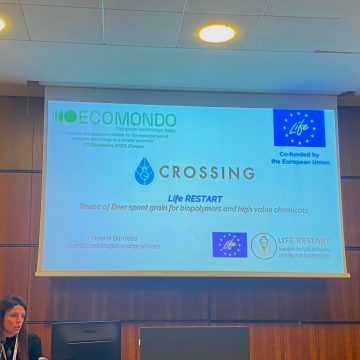 In the first days of September, the University of Messina (UNIME) participated in the workshop on Sustainable Polymers and the Circular Economy of Plastics, which took place until September 4th in Ischia, Italy.
In the first days of September, the University of Messina (UNIME) participated in the workshop on Sustainable Polymers and the Circular Economy of Plastics, which took place until September 4th in Ischia, Italy.
The sustainability of polymers
Organized by the University of Salerno and the Italian Chemical Society, Campania Section, under the auspices of AIM, the Italian Association of Macromolecular Science and Technology, as part of a collaborative project with the University “Federico II” of Naples, the University of Campania “L. Vanvitelli,” the University of Sannio, and the Scuola Superiore Meridionale, SusChem24 addressed the main topics of polymer sustainability, including bio-based/biodegradable polymers, new monomers and new polymeric materials, innovative polymerization processes, and mechanical and chemical recycling.
The four-day event featured plenary lectures by leading international scientists, oral presentations, and poster sessions. One session was dedicated to case studies from companies focused on polymer sustainability and on the connections between the science and technology of plastics, social needs, and policies.
The mathematical model from the University of Messina
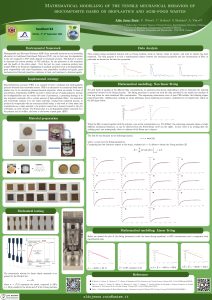 UNIME participated in SusChem24 with a poster titled: “Mathematical modelling of the tensile mechanical behavior of biocomposite based on bioplastics and agri-food wastes” presented by engineer Aldo Jesus Ruta, a PhD student at UNIME. The work showcases the results of the mathematical model for the theoretical prediction of the tensile mechanical behavior of biocomposites obtained from agri-food waste, developed alongside Professor Francesco Oliveri with the scientific collaboration of Professor Annamaria Visco, the scientific coordinator for UNIME in the LIFE RESTART project.
UNIME participated in SusChem24 with a poster titled: “Mathematical modelling of the tensile mechanical behavior of biocomposite based on bioplastics and agri-food wastes” presented by engineer Aldo Jesus Ruta, a PhD student at UNIME. The work showcases the results of the mathematical model for the theoretical prediction of the tensile mechanical behavior of biocomposites obtained from agri-food waste, developed alongside Professor Francesco Oliveri with the scientific collaboration of Professor Annamaria Visco, the scientific coordinator for UNIME in the LIFE RESTART project.
Co-funded by the European Union. Views and opinions expressed are however those of the author(s) only and do not necessarily reflect those of the European Union or CINEA. Neither the European Union nor the granting authority can be held responsible for them.



